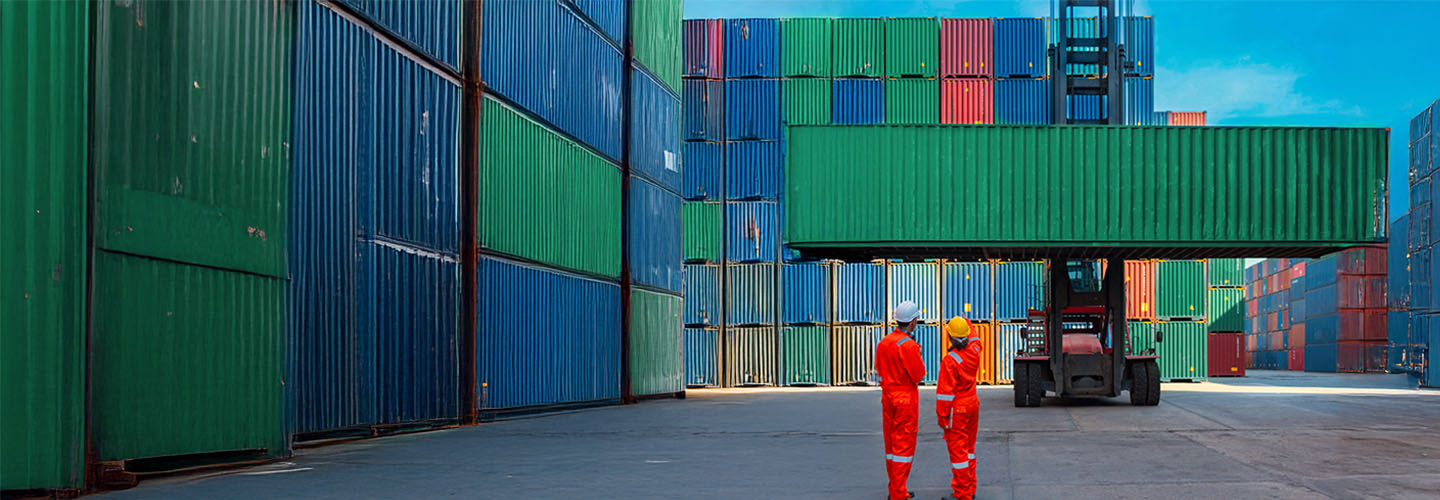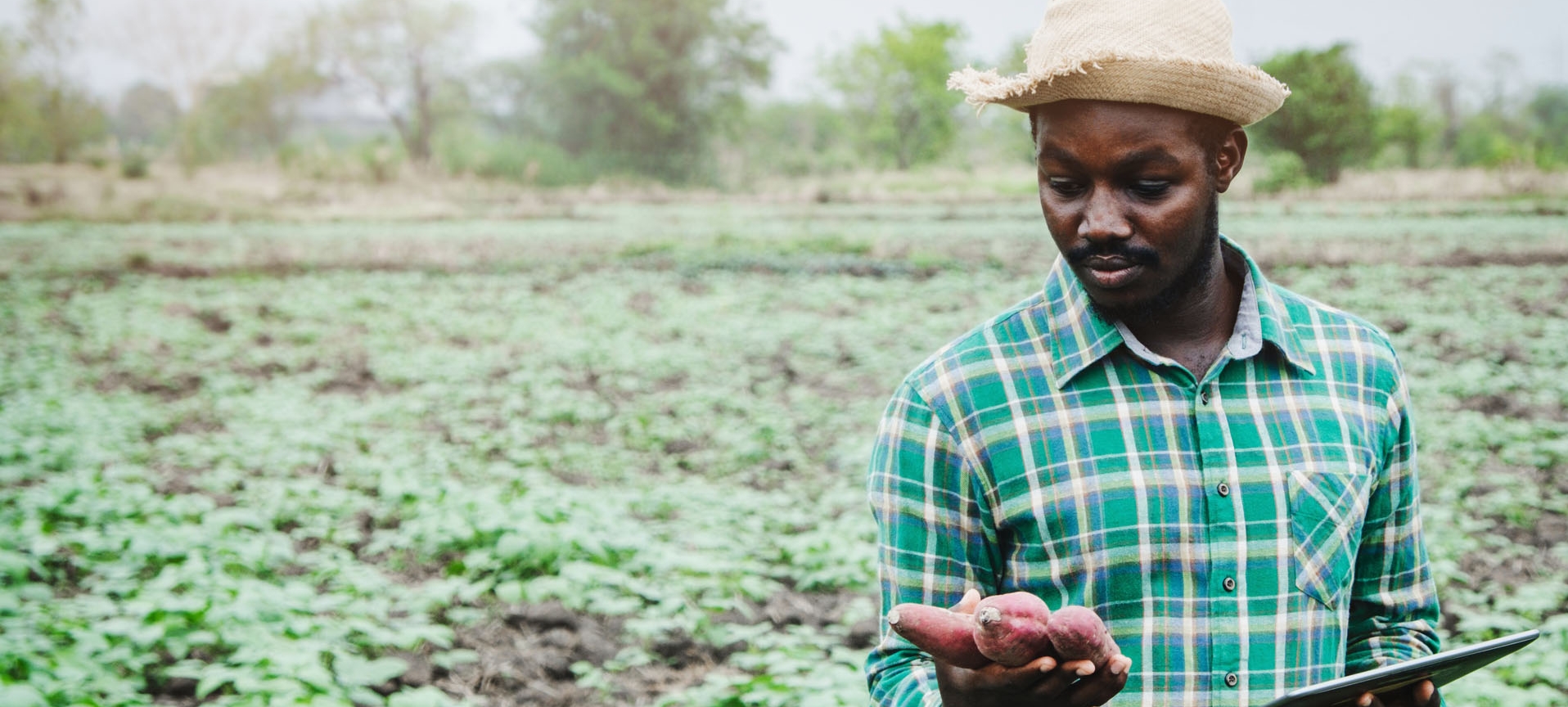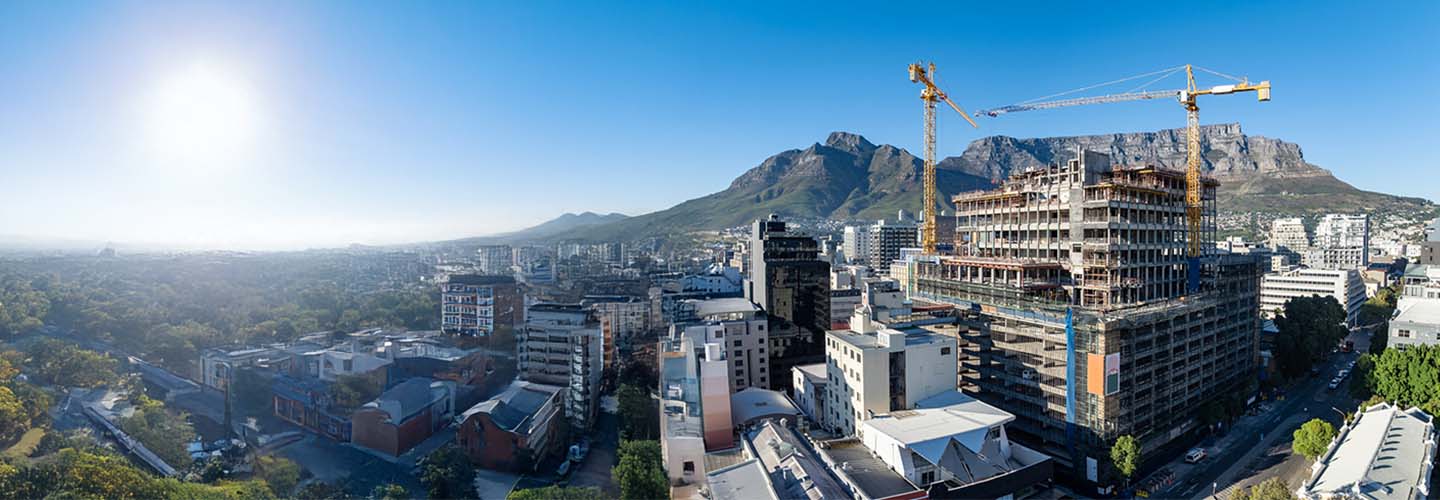The unprecedented installation of a Government of National Unity (GNU) after South Africa’s 2024 general election caused uncertainty in many quarters. Much of this stems from the fact that although the 2 main parties in the GNU, the ANC and the DA, are broadly aligned, they differ fundamentally in key areas like BBBEE and foreign policy. The GNU is also governing at a time of massive upheaval and shifts in the global political situation, with wars in Europe, Africa, and the Middle East, and an unpredictable new president in the USA.
How was the GNU put together, what has been its approach to managing the South African economy, and has there been economic progress under its watch?
What is the structure of the GNU?
Any GNU is a coalition containing enough of the political parties in the legislature to form a working majority. A GNU is generally formed to bring together the broadest possible spectrum of political interests in response to an unstable political situation, and to achieve universal party goals like nation-building, social order, peace, and stability.
In the 2024 national and provincial elections, the ANC lost the majority it had held since 1994 and secured just over 40% of the national vote – a decline of more than 17% from the 2019 elections. The new MK Party was mainly responsible for eating into the ANC’s voter base, but it chose not to participate in the GNU.
The DA received almost 22% of the vote, maintaining its previous levels of support. Given the lack of an outright majority for any party, the ANC and DA agreed to form a GNU, offering proportional representation to a range of smaller parties at national and provincial level to secure their participation.
Economic perspectives on the GNU
As part of its political mandate, the GNU focuses on several priorities to promote growth in the South African economy. Among the most important of these are:
- Rapid, inclusive, and sustainable economic growth, the promotion of fixed capital investment and industrialisation, job creation, transformation, livelihood support, land reform, infrastructure development, structural reforms and transformational change, fiscal sustainability, and the sustainable use of our national resources and endowments.
- Stabilising local government, effective cooperative governance, the assignment of appropriate responsibilities to different spheres of government, and a review of the role of traditional leadership in the governance framework.
- Investing in people through education, skills development, and affordable, quality healthcare.
- Building state capacity and creating a professional, merit-based, corruption-free developmental public service. Restructuring and improving state-owned entities to meet national developmental goals.
- Foreign policy based on human rights, constitutionalism, the national interest, solidarity, and peaceful resolution of conflicts.
The expanded basket of essential food items that are zero-rated for VAT could provide some relief
Challenges and opportunities for the GNU
The first full budget to be delivered under the GNU was due to be announced by Minister of Finance, Enoch Godongwana, on Wednesday, 19 February 2025, but was postponed to 12 March. The wrangle over an increase in the VAT rate – which eventually remained unchanged – caused the delay. The expanded basket of essential food items that are zero-rated for VAT could provide some relief to poor consumers battling rising food prices.
Since last year’s budget, our economy has undoubtedly strengthened due to almost a year’s break from national load-shedding. Thanks to a more reliable electricity supply, combined with better-than-expected inflation outcomes and reduced borrowing costs, the GNU expects to turn around the low growth that has plagued our economy for more than a decade.
In 2025, corporate tax and domestic VAT collections are expected to exceed 2024 budget projections. According to the South African Revenue Service’s reports, its compliance programme contributed R260.5 billion for the 2023/2024 fiscal year, a 25.5% increase from the year before. The compliance programme is expected to yield a similar increase in the 2024/2025 fiscal year.
Further improvement in SA’s energy performance is a major opportunity for the GNU. The more stable electricity supply has improved our overall investment climate and economic outlook, although the electricity system remains vulnerable. However, a growing number of public-private partnerships are countering many challenges in the energy sector – an area which could attract a lot of foreign direct investment.
The 2025 budget debate and the GNU
The 2025 budget is the first in South Africa’s democratic history compiled by a government without an ANC majority, and its postponement came hot on the heels of other internal conflicts, mainly around 2 laws signed after the formation of the GNU – the Basic Education Laws Amendment (BELA) Act and the Expropriation Act. The latter has drawn unwanted attention on a global scale, damaging SA’s relations with the USA, one of our biggest trading partners. We have yet to learn how the aggressive foreign policy of the new White House administration will affect the Africa Growth and Opportunities Act, one of the continent’s biggest international agreements on trade concessions.
The most positive financial change that many South Africans have experienced since the formation of the GNU is several reductions in the repo rate. Learn how to make the most of lower interest rates.








